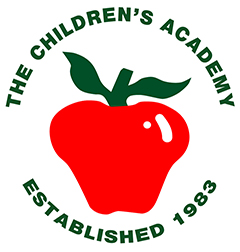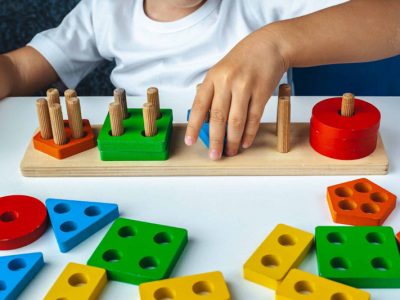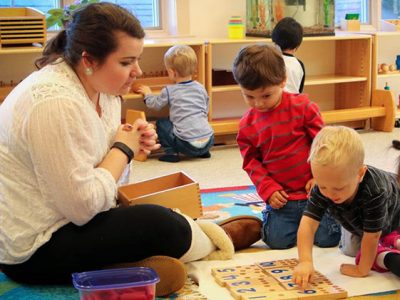
Social skills are what we use to interact with each other – both verbally and nonverbally (e.g. gestures, body language, personal appearance). They allow us to communicate our thoughts, feelings, and messages with the people around us. Studies have shown that teaching these skills in school improves students’ standardized test scores by 11 points. As a parent, you may find yourself wondering what they are and how they’re taught though.
Social Skills That are Taught in Classrooms
Before you can truly understand the importance of social skills being taught in the classroom, you must first understand what they themselves are. Social skills include things like:
- Cooperation
- Being a good friend
- Sharing your belongings with others
- Participating, even when you’re not really good at something
- Being patient
- Helping others
- Showing you care about others
- Following directions
- Getting work done and not preventing others from getting their work done (a.k.a. staying on task)
- Accepting that everyone is unique, different, special, and has feelings
- Learning how to be an active listener
- Being able to praise other people instead of putting them down
- Having positive communication and interactions with others instead of bullying
- Being polite and courteous
- Using good manners in a variety of different situations
- Respecting ourselves
- Respecting others and their property
- Accepting responsibility for the things you say and do
How Social Skills are Taught in Classrooms
Understanding the benefit of learning these social skills brings teachers to the point where they’ll want to find ways to help your child do so. Some things they can do here include:
- Help students understand what skills they need and why they’re useful
- Providing modeling – Verbally describing people in a situation, how they act, and how they react while considering social cues
- Offering opportunities in which children are guided through practicing these things
- Teaching self-regulation (the ability to evaluate your behavior and emotions to see if they’re appropriate and how to regulate them)
- Promoting generalization – helping students be able to effectively gauge what skills and strategies they need to use in different settings they encounter in their daily life
When Your Child Isn’t Learning Enough
As a parent, you’ll know when your child isn’t learning enough in their classroom. It’s then that you’ll want to find additional help for them. If you live in Mansfield, Texas your ally here is The Children’s Academy. We have helped many children improve their social skills over the years and your child could also benefit from our approach.



